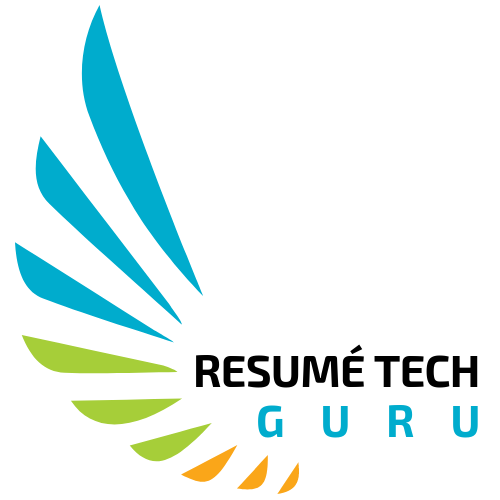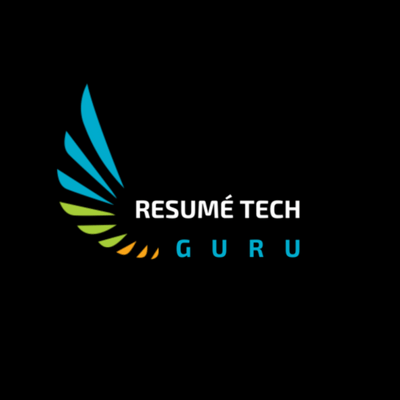Is your subconscious sabotaging your job search? Research indicates that might be the case.
I met two prospective clients through referrals this month—a Director of Project Management and a VP of Data Science. Besides being in tech, they have another item in common: being hesitant about starting their job search. It’s an idea; their toes are dipped in the water, yet they can’t quite commit 100%.
Although I’m not a tarot card reader, I know from experience that they are in for a bumpy ride. Think about it: have you ever given something less than your full attention and had stellar results?
Most of my tech executive clients change jobs infrequently. Typically, a former boss or colleague taps them on the shoulder regarding a new job opportunity. The challenge arrives when that advantage is eliminated, and the job search investment lies squarely on their shoulders.
It’s a tad overwhelming. I witness limbo land even though my client intends to advance in their career. I wonder why that occurs.
Personal Immunity to Change
In a Harvard Business Review article, the authors note, “Resistance to change does not reflect opposition, nor is it merely a result of inertia. Instead, even as they hold a sincere commitment to change, many people are unwittingly applying productive energy toward a hidden competing commitment.”
Our biases, at times, hijack our intentions.
In the case of the Director of Project Management, after a recent reorganization, Wilhelm (name changed) landed with a new boss who, in his words, “didn’t care for me.” She had a strong sense of her chain of command versus promoting a collaborative team environment. For example, she questioned why he would speak to the Chief of Staff directly versus going through her due to her level. Additional hierarchical control mechanisms created an uncomfortable work environment, so he pursued roles outside the organization. Besides talking with me, Wilhelm was in discussion with colleagues at Netflix and Salesforce.
We spoke twice with a couple of follow-up emails. And then, radio silence.
To see the whole picture, Wilhelm had worked at Microsoft for over 15 years and had young children. Competing commitments here included:
- What he said he wanted: Freedom of finding a new job somewhere else to create award-winning programs (he previously earned Microsoft awards for executive excellence, operations execution, business partner, and contributing to others)
- What lurked below the surface: Security of working for a Fortune #13 company for over a decade with rewarding compensation and providing for his family with a focus on funding his children’s 401K
If you’re facing a similar job search dilemma, I recommend undertaking a self-assessment to kick-start your career adventure.
Competing Commitments
To protect the status quo, we have hidden underlying competing commitments that work against our goals. These are often unconscious beliefs and mindsets that prevent you from implementing change.
When was the last time you sat down and focused on your commitments? I observe that commitment review is not a recurring event; typically, some event transpires and then prompts me to consider options.
Over a decade ago, I received a call from my remote manager in Dallas explaining that there was good and different news. The good news was that after an M&A, I would retain my job. The different news was that I needed to move from Seattle, WA, to the corporate headquarters in Monroe, LA. Let’s say I wasn’t pleased since my husband, and I had built our retirement dream home on the Olympic Peninsula.
My husband and I discussed our priorities over many breakfasts and dinners. I needed to uncover what type of commitment I wanted to make to stay for 5 more years with CenturyLink to secure my retirement pension and healthcare insurance. Or should I venture outside the company I had worked for 11 years and roll the dice?
Clearly, I had work to do, so I hired a career coach to guide me through the ultimate answer. After completing a 5-page questionnaire and holding a 1:1 session, I better understood what I wanted to do. And the outcome even surprised me.
Mindset Transformation Framework
In their book “Immunity to Change,” psychologists Robert Kegan and Lisa Lahey discuss why we fail to make changes. Their model can help you identify your job search goal, competing commitments, and big assumptions to move forward.

- Identify a job search goal
- Apply the SMART goal approach: Specific, Measurable, Achievable, Relevant, Time-bound
- List all the behaviors that keep you from the goal
- What are you doing or not doing that keeps your stated commitment from being fully realized?
- If you imagine doing the opposite of the undermining behavior, do you detect any discomfort, worry, or vague fear in yourself?
- List your competing commitments
- What would you like to be changed at work so that you could be more effective or the result could be more satisfying?
- What commitments do your complaints imply?
- What worrisome outcome are you committed to preventing by engaging in this undermining behavior?
- List your big assumptions
- What do you accept as true, although you don’t have any proof?
Walking Through the Process
When I went through this framework, it took me a couple of days to thoroughly complete. As I mentioned, we seldom sit down with ourselves to focus on a career strategy.
- SMART goal
- I’m committed to finding a high-impact role in enterprise tech marketing within the next 3 months to allow me to live in Seattle.
- Behaviors speed bumps
- Researching the housing market at corporate headquarters; if push came to shove, I could move to Monroe, LA
- Not aggressively building a network outside my company for job referrals and recommendations
- Applying daily for jobs online without making contacts within the company, thus experiencing the ATS (applicant tracking system) black hole
- Competing commitments
- I am contemplating actually moving to corporate headquarters for the security of working for a Fortune #200 and locking in the pension with healthcare
- Big Assumptions
- Even though I’ve managed large, distributed teams in the past, the fact that I’m an individual contributor won’t inhibit me from being in the consideration set for employee management roles
- My enterprise marketing skills are transferrable from telecom to any job in tech
- My age won’t be a hindrance
- Working from a remote location won’t be a problem for my hiring manager
I recall being given an end-of-year deadline to move to corporate headquarters, or my position would be eliminated. My resume and LinkedIn profile were refreshed, and daily, I scanned for new job opportunities within and outside the organization.
Several months passed with job interviews, but no offer addressed my ultimate career goal.
As luck would have it, the national sales organization I supported had a position open. I broadened my career commitment from enterprise marketing to sales and arranged a 1:1 job interview with the hiring manager, whom I knew well. We met, and then I didn’t hear anything for over a month. When I finally received the offer, it was a mixture of dread (sales quota) and excitement (no move from Seattle).
The Point
Finding a new job takes time, months in my case. Applying for jobs doesn’t necessarily significantly impact achieving your goal; there’s more to it. Sometimes, it requires you to get real with yourself to uncover a competing commitment or behaviors that impede your career success.
Best to you on your job search journey.


